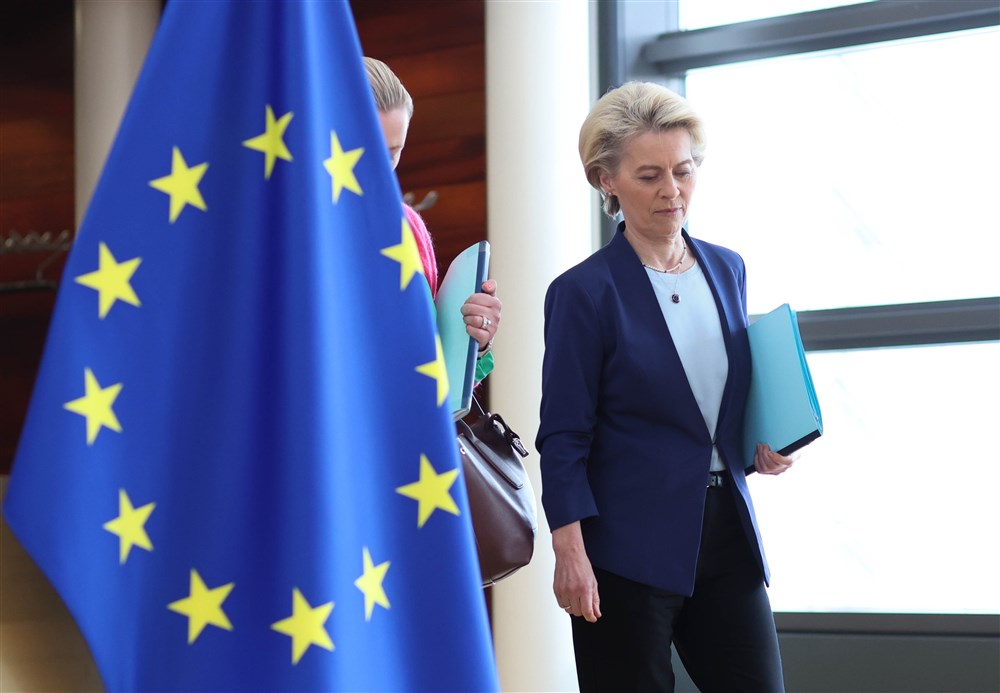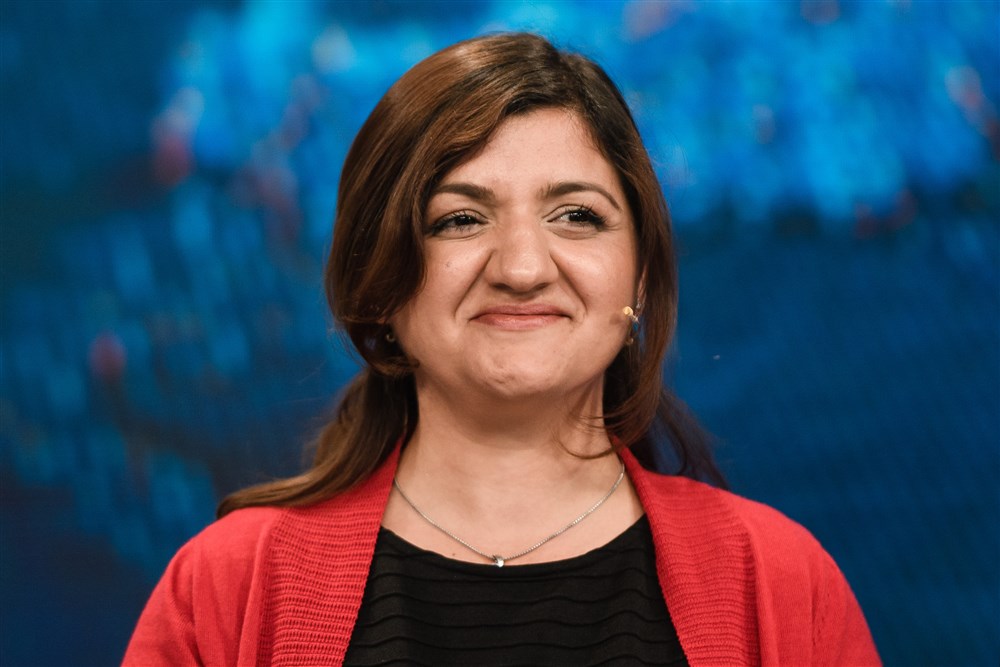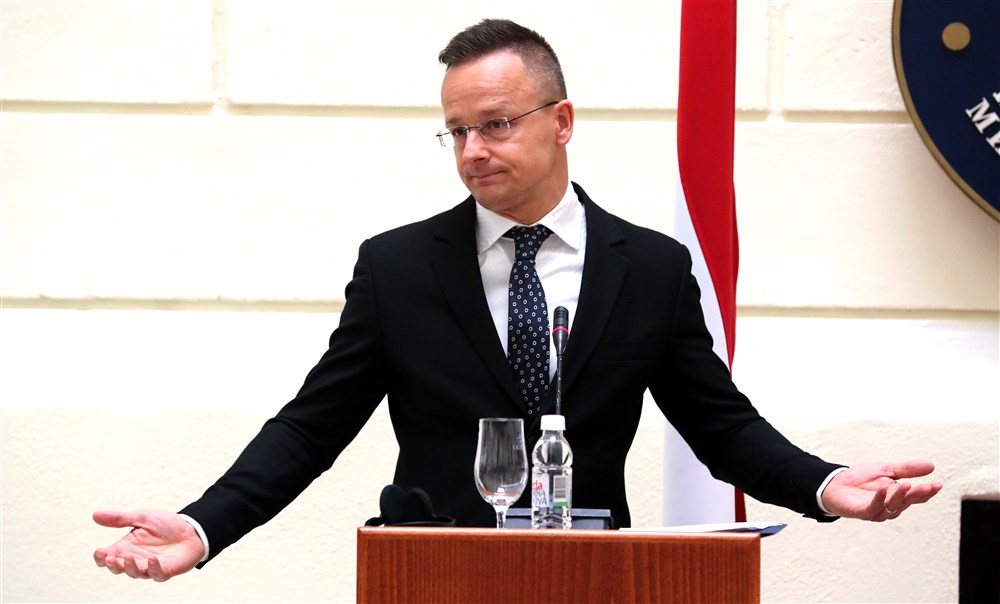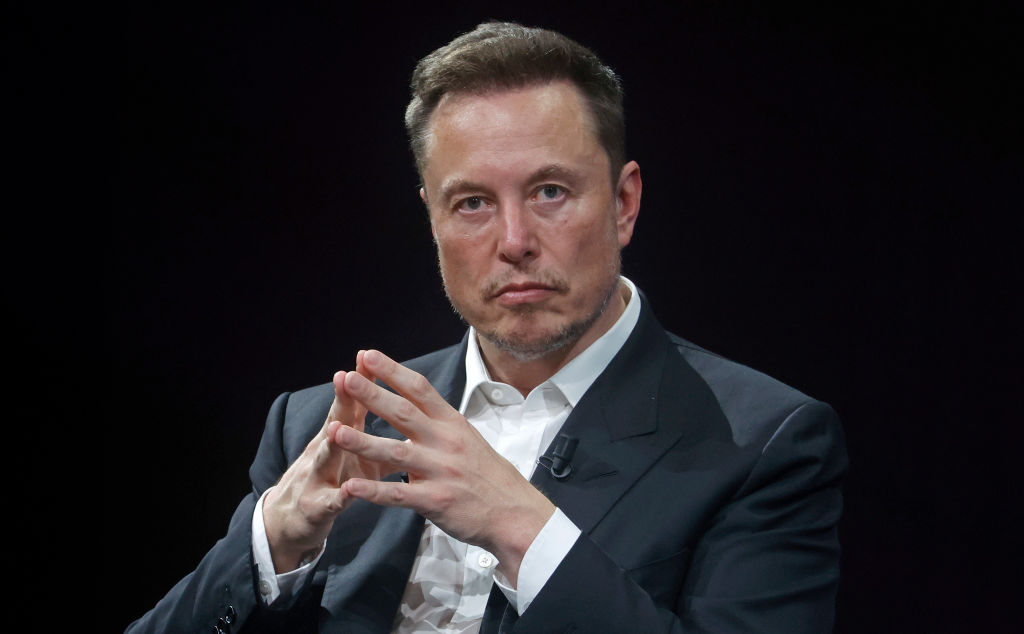The European Commission has to protect freedom of speech—by limiting it, according to the Commissioner responsible for media freedom and fundamental rights.
Vera Jourova, Commission vice president, wants Twitter in particular to take onboard this somewhat contradictory principle.
“I would like to explain to Mr. Musk our philosophy: we are the protectors of freedom of speech, that’s why we developed the code of practice,” she told the Belgian Belga news agency during a meeting organised by the European Newsroom, a Europe-wide news agency cooperative. “But that freedom has its limits.”
She singled out “unregulated aggressive Russian propaganda” on Twitter as being particularly problematic.
The statement followed a European Commission announcement that Twitter has four months to comply with the European Digital Service Act’s (DSA) requirements. Once the DSA is in force, Twitter—along with the other platforms—will “have to convince the regulator that they are doing everything necessary to manage the risk of disinformation,” Jourova said.
“Compare it to driving on the highway,” Jourova added. “If you break the speed limit, you can get a fine. But your driver’s licence can also be revoked. I’m not saying Twitter won’t comply with the law, but when asked what we will do if they don’t comply, I answer: the law [will] apply.”
The EU appears to be taking a bolder approach on social media platforms than in the US, where free speech is buttressed by the First Amendment. US’s Communications Decency Act offers the likes of Twitter some protection by stating that online platforms are not legally responsible for what users post.
Violations of the DSA could result in a fine of six per cent of global turnover or in more serious cases a temporary suspension of the service.
But while the EC says it is out to “protect” free speech, various MEPs say that a “fact-based discussion culture” not possible on subjects such as the Ukraine war.
“Everything we do is about [the right] wording, whether it’s gender, the Green Deal, social issues—you can’t have open debate,” says Dutch MEP Robert Roos, whose JA21 Party (Juiste Antwoord-Right Answer) centre-right Dutch political party sits within the European Conservatives and Reformists Group. “The [accepted] wording is used to silence and cancel people.”
There is still room for discussion before the DSA obligations come into effect, according to Jourova.
Others note that the odds are that Twitter will comply with what is being asked of it, and that the true burden of the DSA’s restrictions will more likely take a toll on smaller platforms.
The requirements of the new European Digital Services Act (DSA) include having to counter disinformation and the influence of those judged malign actors on the platform.





